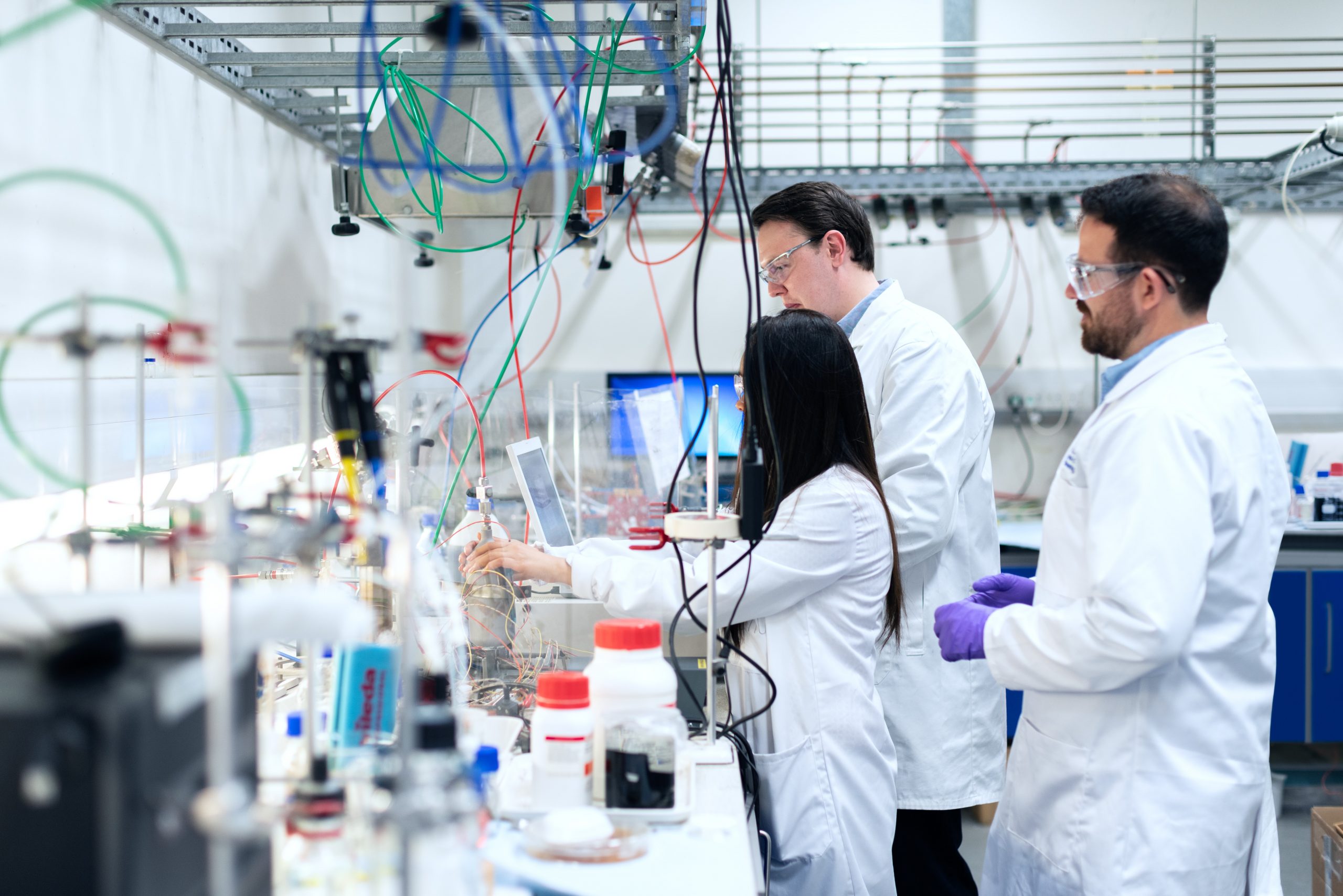Incubators are necessary equipment for any laboratory. They provide a safe and controlled environment to grow, preserve or store organisms. It is of utmost importance to ensure that your incubator can provide ideal environmental conditions to house your tissue or cell culture for optimum performance.

You are probably here because you want to be sure you are making the right choice. There are several things involved when operating a laboratory incubator so you want to be certain that the incubator you buy is perfect for what you want to do. Below is a guide to buying laboratory incubators.
What it will be used for
This is a very obvious one. You can’t purchase any incubator just for the sake of having an incubator. It may not be suitable for what you want to do with it. You need to do your research and be sure that the incubator you purchase is capable of doing what you need it to do. This is a much better option than just buying an incubator and then trying to make it fit your needs.
There are different types of incubators for different needs. These include Air Incubator, Humidity Incubator, CO2 Incubator, Shaker Incubator, etc. So, be sure that you know the best fit for you and how it works so it will adequately serve your needs. This is very necessary for peak performance.
Size/Space of incubator
These two go hand in hand. You can’t talk about the size of an incubator to be purchased without taking note of the available space for it. As regards the size, you need to be sure that the incubator is large enough for your needs. The internal capacity must be able to accommodate a substantial amount of samples to your taste. Regarding the space, you need to ensure that the incubator can fit the space allocated to it.
Temperature Stability
Living organisms are very sensitive and react to the smallest issue. Fluctuations in temperature could be very dangerous because it makes organisms react extremely. When buying a Laboratory incubator, you must ensure that the incubator can regulate and control the temperature to guarantee optimum performance.
It is very important to monitor the temperature of your incubator. To this effect, it is advisable to purchase an incubator with an in-built alarm that will notify you of any change in temperature so you can take prompt action. Another option is to place data loggers inside the incubator chamber. These are very effective as they wirelessly monitor temperature levels in the incubator and send emails and text messages to the person in charge if there is a change in temperature
Contamination Control
When working with a laboratory incubator, hygiene must be of utmost priority. It takes noting for samples to be contaminated. For example, contamination can occur just by touching inside the incubator with non-sterile gloves or air-borne germs landing on samples because of an open door.
To avoid contamination, ensure that the chamber is designed as smoothly as possible and if possible, with rounded corners. Many incubator models incorporate sterilization cycles to clean the incubator’s interior for effective decontamination. These are typically more expensive so you should consider that.
Power Supply
This is a very important factor to consider when buying a laboratory incubator. Without a sufficient power supply, getting an incubator is as good as useless. Remember that a lab incubator is turned on indefinitely, so you must e sure of the power supply for it. Consider getting an incubator with an in-built backup power supply. This way the laboratory incubator will still be able to function in the case of a power outage. If not, then ensure you have an alternative backup like an inverter.
Incubator price
Laboratory incubator definitely do not come cheap. So, it is extremely important to do your research first. Having a budget will be very important for cost-effectiveness. You should consider the function of the incubator, its size, internal capacity, if there are sterilization cycles in place, and a host of other things.
The importance of doing research cannot be overemphasized because when you do research, you will be able to make a compilation of incubators with the best features and choose the most cost-effective one. Have a budget and work with it.
What types of laboratory incubators are there?
-Natural convection Lab Incubators
-Air Forced Laboratory Incubators
-Heat/Cool BOD Incubators
-Shaker Incubators
-Hybridization incubators
All of these types are important in laboratory equipment. Choose the one that works best for you